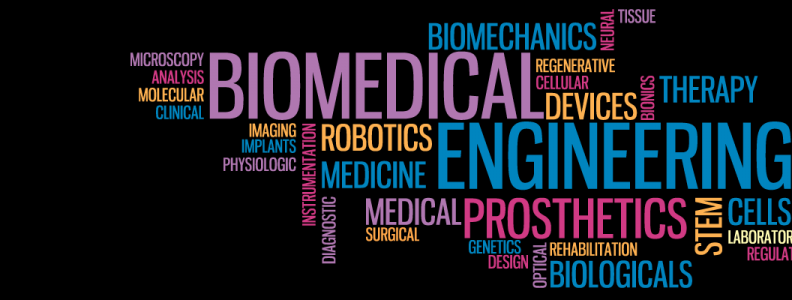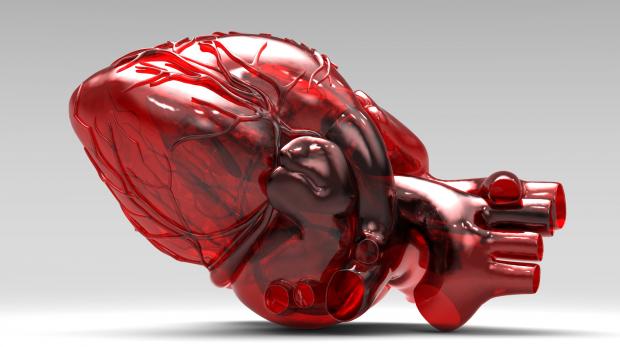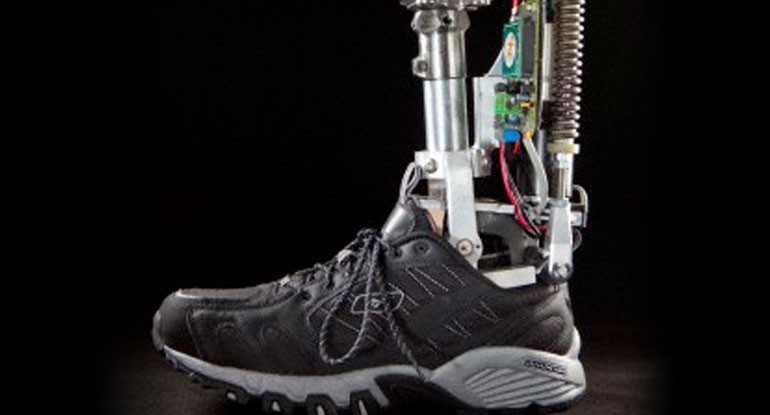Current UCD student Ciara explains what attracted her towards studying Biomedical Engineering
Studying Biomedical Engineering in U.C.D. has been a fascinating combination of my two passions: the incredible complexity that is the human body and the amazing world of Physics and Maths. I was always a curious problem solver, forever reading “How It Works” magazine before I went to bed at night, and my pile of “Horrible Science” magazines were my most treasured possession in primary school. If you’re an inquisitive, problem-solving enthusiast with a love for science, Biomedical Engineering is for you!
The structure of Engineering in U.C.D. allows for one general year before specialising in second year. Even if you’re certain that Biomedical Engineering is where you want to end up, a general first year allows you to explore both the Mechanical and the Electrical and Electronic side of Engineering, giving you an introduction to Computer Science, as well as an opportunity to participate in a global “Engineers Without Borders” student project competition.
However, you can always get right into the Biomedical side of things with your electives: each semester, you have 5 core modules and a 6th choice module called an “elective”. I used my first year electives to attend anatomy and physiology-based classes, and even had the opportunity to have first-hand learning experience with cadavers in the anatomy lab in the School of Medicine. From second year onwards, there are a number of in-programme electives for Biomedical Engineering student which are shared with Physiotherapy students, such as “Functional Anatomy and Kinesiology” and “Applied Physics and Biomechanics”. This gives Engineering students a unique insight into the human body with an education equivalent to some of the university’s top Health Science students.
In addition to that, building your C.V. over the summer months is never hard with the U.C.D. Student Summer Research Awards 8-week programme. This provides undergraduate Medical and Biomedical Engineering students the opportunity to gain invaluable research experience within the U.C.D. laboratories and/or affiliated clinical sites. In the summer of 2016, I interned in the U.C.D. Medical Device Design Group under the supervision of Dr. Eoin O’Cearbhaill. My project focussed on the development of durable, user-specific 3D printed ankle foot orthosis, with funding provided by the Health Research Board. Despite only being a first year Engineering student, I got to work with some of the top Biomedical Engineering researchers in the country and gained first-hand experience in material testing, 3D printing, data analysis, CAD design, and 3D scanning. Not only that, it gave me a great taste of life as a researcher, a career I am currently considering for the future.
All in all, Biomedical Engineering in U.C.D. has got to be the best course you could do. I know I’m extremely biased, but whether you want to work in industry, business or research, this will be the course to kick start your career in a field that will never fail to amaze you.








